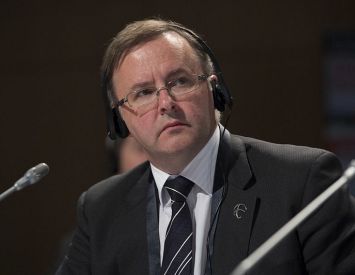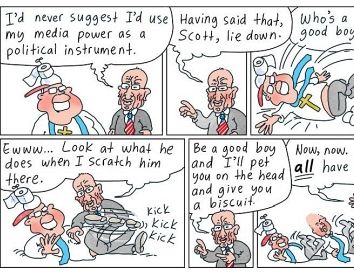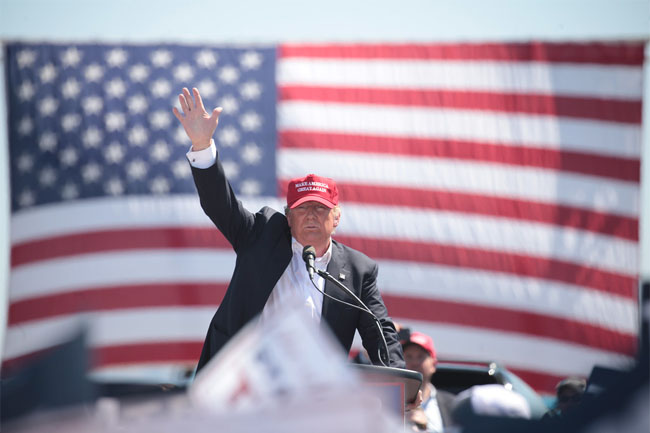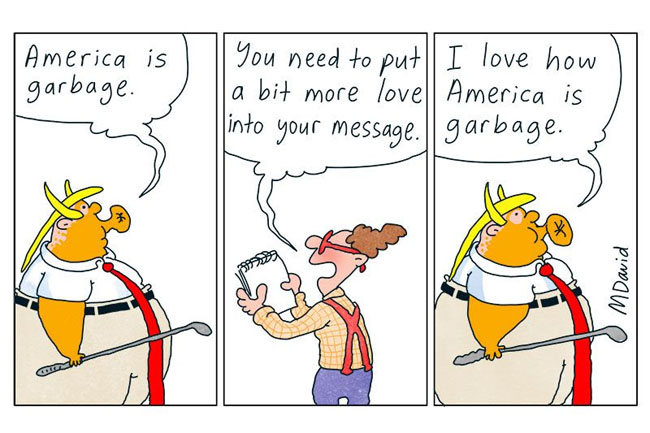As the Delta strain extends Australia’s lockdown, Scott Morrison is finally paying a political price for his Government’s botched quarantine and vaccination policies.
Morrison’s approval rating drop of eight points puts the Prime Minister back into negative net approval territory, strengthening an already broad consensus that the next election will likely be delayed until the last possible moment.
On the face of it, Morrison faces an uphill task.
New South Wales will not forget a lockdown that now looks likely to extend towards Christmas. Western Australia appears a lost cause. COVID continues to damage the economy, and historically, governments in power for nine years tend to be replaced as the public looks for new ideas. If the recent Newspoll numbers are accurate, an election held today would result in the kind of landslide last experienced by Kevin Rudd in 2007.
However, in 2021, left of centre parties around the world face significant barriers to electoral success and a myriad of actors stand ready to vigorously defend the Coalition. Australia’s next election is likely to be a battle between the people and the moneyed establishment and the stakes will raise political temperatures in a way not normally experienced in our allegedly friendly, laid-back country.
First, there’s the extraordinary disconnect between government environmental policy and public sentiment. The latest IPCC report lays out, in stark terms, the immediacy of the challenge facing humanity and Australians appear to be listening. 75 per cent of Australians support setting a target of net zero emissions by 2030, less than eight and a half years from now. This would require a radical, unprecedented retooling of the Australian economy. Yet, the Morrison Government can’t even agree on a target for 2050.
It is derided abroad as a carbon pariah and still contains some members who still question if climate change is even real.
Such a great disparity is known as a democratic deficit and this has led some commentators to suggest that the resources industry has effectively captured Australia’s democracy. That was certainly true in the 2019 Election, when a resource billionaire used his money to almost certainly change the overall result.
With the mining and resources industry facing an existential climate threat that appears broadly understood by the public, expect Clive Palmer, Gina Rinehart and every other digger and dealer to attempt to spend their way back to Kirribilli House.
Then there’s the media. Australian media ownership is already among the most consolidated in the world, and the rise in viewership of Sky News Australia threatens to bring Fox News'’ corrosive model to our shores. Rupert Murdoch's editors often claim independence from their owner, yet when Labor last contested an election as incumbents, the Murdoch press intensified an already vicious campaign against both Rudd and Julia Gillard, culminating with the infamous ‘Kick This Mob Out’ Daily Telegraph headline.
Sky News Australia’s evening anchors already deal in misinformation, lies and distortions every day. As the Morrison Government is in mortal danger, it’s likely that Murdoch and his minions will attempt to play a decisive role in who forms the next government.
The three private citizens mentioned above are all billionaires, using their immense wealth to steer Australian governance towards policies that add to their already bulging pockets. Rinehart has given millions to the Institute of Public Affairs, which consistently promotes climate scepticism.
Palmer’s malign presence has been felt across a raft of issues and earned many West Australians' ire by issuing a lawsuit trying to open WA’s hard border during the initial COVID crisis. Murdoch is the most egregious actor, a non-citizen, tightening his grip on Australia’s media while his businesses often pay zero tax on enormous earnings.
Yet to understand the degree to which the terms of reference of Australia’s next election have been redefined, we need to look abroad and to history, because the Overton window of electoral contests has changed to such an extent that Australian elections are now held captive by convention.
In the UK, the Labour Party has held power for just thirteen of the 42 years since the election of Margaret Thatcher and ten of those years were under the "New Labour" banner of Tony Blair, a soubriquet that appears to be the model on which Anthony Albanese is planning his own triumph.
Blair was so distant from traditional Labour values that he led the world’s charge towards the historic catastrophe of the Iraq War, and so beholden to the mainstream media establishment that Murdoch asked him to be the godfather to his daughter.
Voters in Britain today have a choice between centre-right and hard-right leaders, and those who remember the last true Labour governments of Wilson and Callaghan are now into their fifties.
It’s much the same in America. Although Democrats have held the White House for seventeen of the 41 years since the election of Ronald Reagan, the two most recent incumbents, Bill Clinton and Barack Obama, largely governed from the centre, while (particularly in Obama’s case) being attacked as radical socialists. Consider that in the early stages of Reagan’s first term, the highest rate of income tax was 70 per cent, something that not even Bernie Sanders would dare propose today.
It’s in this context that Anthony Albanese must view the contest ahead and it’s probably because of these constraints and changing terms of reference that Labor has, dispiritingly, ditched its signature policies of rolling back negative gearing benefits and axing tax cuts for the rich.
Albanese has adjudged, perhaps correctly, that in order to win power, the centre-right is the only place that remains available and acceptable.
Whether it’s because of corruption, ideology, an inability to effect change or simple incompetence, it has to be accepted that Scott Morrison’s Coalition Government will not and cannot meet this pivotal moment in the climate crisis. Yet the modern window of political acceptability means that the sort of radical change demanded by the IPCC’s report is essentially off Australia’s electoral table.
On the same day that the report was released, a young Liberal fundraiser event auctioned off a piece of coal from the Adani mine for $2,600. The howls of derision from those who take the climate crisis seriously were more muted just a few days later when the Labor Government of WA approved the development of BHP’s new $16-billion Scarborough gas project.
To avoid catastrophic climate disaster, it’s clear this country needs swift and radical changes in political policy. But don’t expect to see that at the top of the ticket when Australia next votes. Saving the planet just isn’t an acceptable policy anymore.
George Grundy is an English-Australian author, media professional and businessman. Read more from George on his blog americanprimerweekly.com or follow him on Twitter @georgewgrundy.
Related Articles
- Labor's backflip on negative gearing policy a benefit to the wealthy
- Media inequality: Labor is on an uneven playing field
- EMMA DAWSON: The ALP — campaigning in prose
- Toondah poll details kept secret as State ALP opposes town in marine park
- Labor faction fails to promote gender equality in politics
 This work is licensed under a Creative Commons Attribution-NonCommercial-NoDerivs 3.0 Australia License
This work is licensed under a Creative Commons Attribution-NonCommercial-NoDerivs 3.0 Australia License
Support independent journalism Subscribe to IA.















